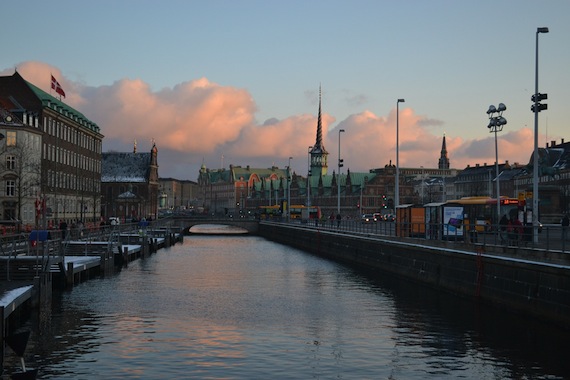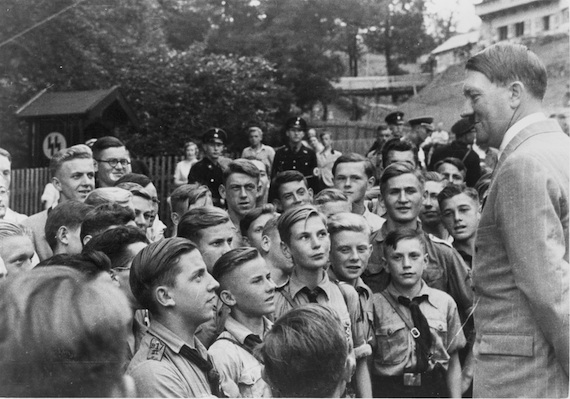
Copenhagen, capital of Denmark
I was recently in Copenhagen and had cause to think once again about the extraordinary history of the Danes and the Jews in World War Two.
Denmark is about the only country in Europe that emerges with credit from the horror of the Holocaust. A brave effort by the Danes allowed around 95% of Danish Jews to be spirited out of the country in the autumn of 1943.
The Germans, who invaded and occupied Denmark in April 1940, only moved to run the country entirely themselves in the summer of 1943 – up to then the existing Danish institutions had survived intact. It was only after the Germans assumed absolute control that the 8,000 Danish Jews who had, so far, not been subject to deportation and death, became at risk.
In late September 1943, the German plenipotentiary to Denmark, Dr Werner Best, mentioned to a German diplomat, who was sympathetic to the Jews, that a round up of the Jews was to take place at the start of October. Most Danes were outraged when they heard the news, and the prevailing mood was summed in a statement from the bishop of Copenhagen that was read in Danish churches on 3 October 1943: ‘Wherever Jews are persecuted for racial or religious reasons, it is the duty of the Christian Church to protest against such persecution…’ As a result of this kind of belief, thousands of Danish Jews were taken in boats across the narrow straight to neutral Sweden and safety.
Now I know that there are some historians who emphasize not the bravery of the Danes but the situational factors at work here – the geography of Denmark allowed easy access to a neutral country next door; the German occupation of Denmark had been relatively lax up to the summer of 1943, and by the time that changed it was obvious the Nazis were losing the war; there were relatively few Danish Jews and as a community they were strongly assimilated; and there was evidence that some Danish fishermen charged Jews for the journey across to Sweden (though why shouldn’t they have, given the risk they thought they were running?)
I know all that and more. But I prefer to emphasize the fundamental non-conformist virtue of the Danes at the time. I agree with the views of Knud Dyby, one of those Danes who helped his Jewish countrymen: ‘What the Danish people did, they did our of their own heart and their own friendliness. It was a simple feeling of humanity. It was simply goodness and decency. And that was what everybody, all over Europe, should have done.’
What struck me on my recent visit to Copenhagen though, was an aspect of the history that still seemed to be part of Danish culture – the sense that everyone, no matter what their background, is a Dane first and foremost. The most striking example was that of the taxi driver who took me to the airport on my last day. He was clearly of Arab origin, but talked about ‘What we Danes feel’ all the time. He possessed an absolute belief that he was now 100% Danish – no matter where he had been born.
Yes, I thought, it was true, the Danish Jews had been saved in large part because the rest of the population thought they were Danish before anything else. They were one family, all together, regardless of religious or cultural beliefs. And there was a message for us in that, for sure.
 Twitter
Twitter














